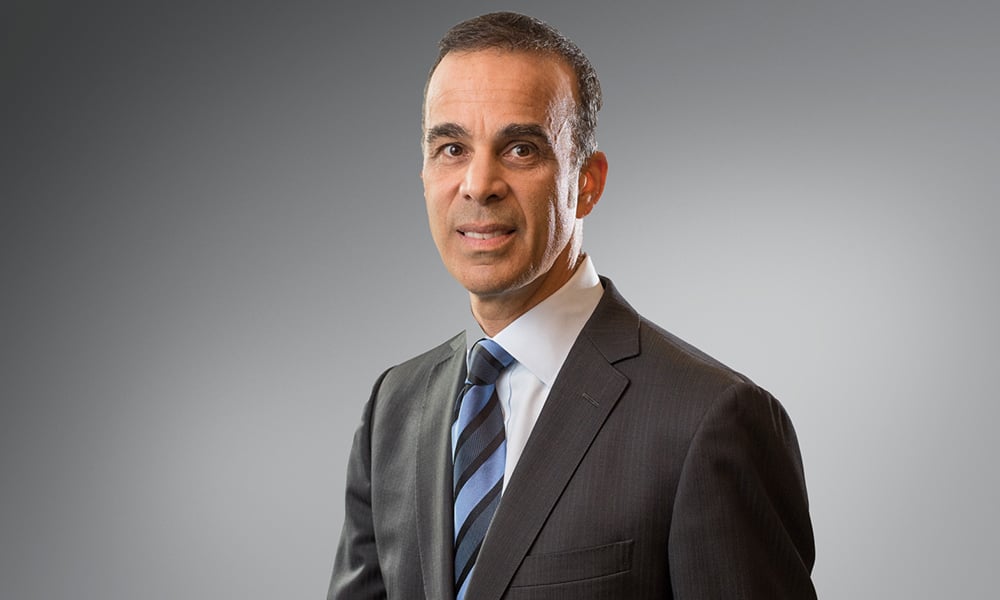
Tax rules were not made with a pandemic in mind

Lawyers counting on deducting their home office expenses should be aware that many of the Canada Revenue Agency’s pre-pandemic rules are still in place, says one tax advisor.
Derek de Gannes works with lawyers and law firms in his role as senior director of private client services at RSM Canada, which provides audit, tax and consulting services.
“The deductibility of home office expenses, given the current tax rules and their interpretation, is not a slam dunk,” says de Gannes. “The current interpretation does not envisage today's reality.”
He notes that the tax-deduction rules for partners or business owners will be different from the rules for associates and law firm employees. For employers, deductible expenses must be reasonable and incurred for business purposes. But employees face a stickier situation: to deduct home office expenses, services have to be delivered principally from that home office, and there should be a stream of regular and continuous meetings at that home office.
“Both of those conditions present challenges because the rules were written so long ago, probably not considering a pandemic — and not considering today’s remote working technology,” he says.
For example, says de Gannes, a lawyer who is working 100 per cent from home for three months is still only working from home 25 percent of the year. In the past, working “principally” from home meant over 50 per cent of the time, de Gannes says. It’s also not clear that video-conferenced or phone meetings are counted in the CRA’s definition of “meetings,” he says.
“We need clarity from the Canada Revenue Agency as to how the agency intends to interpret the 50 per cent rule,” he says.
As it stands, the rules mean that lawyers could run into trouble if they are wanting to buy home office goods such as a locked container for confidential files. In order to keep such an investment from being a “taxable benefit,” it must be under $500, he says.
Keeping a detailed calendar of meetings and work-from-home days — something many offices already do — could also be helpful, he says. de Gannes says this process isn’t affected by government wage subsidy programs. The government also recently expanded an interest-free small business loan program, Canada Emergency Business Account, to lawyers and paralegals who do not have annual payrolls of at least $20,000, provided they meet the new criteria.
One key step is that an employee should get written permission from the employer to incur expenses, he says.
“That permission is set out in Canada Revenue form T-2200,” he says. “As an employee, I would be most interested in knowing whether my employer would certify in writing, ‘Yes, I'm supposed to incur home office expenses.’ Now that I'm working remotely, it seems like an obvious thing. But you'd be surprised how many obvious things are bypassed.”